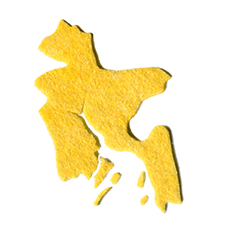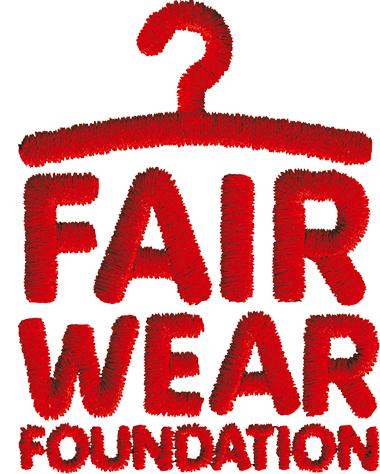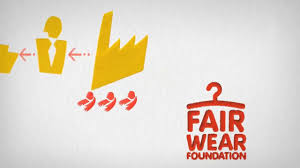Combined call to Bangladeshi government for wage increase
date:
Fair Wear Foundation and the Dutch Agreement on Sustainable Garments and Textile wrote a combined letter to Prime Minister Sheikh Hasina of Bangladesh. In the letter, the two organisations urged the government of Bangladesh to show leadership and ensure a fair and negotiated increase of the minimum wage for the garment industry and take the collective demand of workers and unions into account.
‘Together, our business members buy hundreds of millions of dollars of products from Bangladesh,’ the letter read, ‘and many of our members have contributed significantly to the successful growth of the textile industry in your country. For Bangladesh to continue having a successful textile industry, the lives of the workers will have to improve.’ As the current minimum wage in the garment sector is BDT 5,300 (EUR 60 per month), Bangladeshi workers have one of the lowest minimum wages in the world.
Large voice
For wages to increase, the letter detailed that workers and their representatives need to be allowed to campaign for higher minimum wages without consequences. They also need their collective demands on minimum wages to be heard. In FWF’s Code of Labour Practices, the freedom of association and the right to collective bargaining is one of the eight codes member brands commit to as FWF members.
Bangladesh is one of the largest producing countries for the world’s clothing and shoes. It is also a country struggling to meet a living wage for its millions of garment factory workers. FWF believes that member brands producing in Bangladesh can have a large voice in demanding increased wages for the workers who make their clothes.










